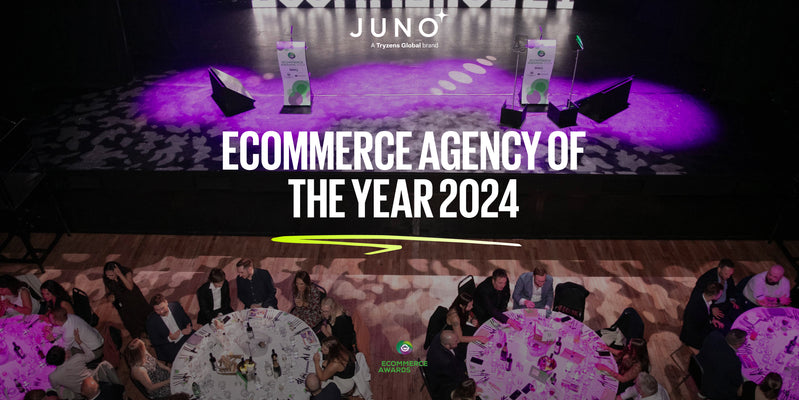Dec 19,2008 Juno Ecommerce Ecommerce
Strategies for Email Marketing

Any marketing to be successful requires a particular strategy to be followed. Hence, email marketing also involves using some strategies. The biggest advantage of using email as a marketing strategy is personalization and segmentation. These advantages are also the most underutilized feature of email marketing, by most the companies.
It is very important to make the company’s emails as clear and relevant as possible for every recipient because that particular email is competing with the rest of the emails in the recipient’s inbox. Email can be made relevant by personalizing subject lines, articles, offers, product showcased, and flowing emails depending upon recipient’s action.
Before carrying out an email marketing strategy it is best to send out pre-campaign test to uncover problems before actually implementing the strategy. The test results can be monitored by checking ISP filtering, blacklisting and filtering. The test messages should be sent to different email clients and platforms. The authenticity can be established by the sender of email by adding SPF code in the DNS record.
Every email client and platform has a different preview pane and they have different policies for blocking images. To deal with this, the emails need to be redesigned so as to be read easily and rendered properly. The top portion of the email should deliver the maximum possible information. Also creativity should be increased by playing with HTML colors and fonts. Images should be less relied upon as there is greater chance of them getting blocked the email clients or ISPs.
Everything becomes passé over a period of time. A thing which worked few months ago might not work today. Variables such as design, format, copy style, subject line, offers, content types, personalization, product categories, etc., need to be tested constantly.
Email relationship should be paid special attention from the start, because majority of the decline requests comes in the first two months after subscriber’s opt-in. A well organized program must be designed which should engage the subscriber immediately. A welcome message should be sent out instantaneously, followed by current email including the latest offers and promotions.
An email can also be sent which offers the best of the past newsletters along with exclusive offers for newcomers. The trust can be build by making things clear such as frequency, proposition, content type, and privacy policies, from the start. Apart from concentrating on new comers it is also important to take care of the long term subscribers. Over a period of time nearly fifty percent of the email list becomes inactive.
This happens when the subscribers do not open the company’s emails from a long time. Such subscribers need to be awaken by trying new subject lines, new email formats, and by sending best of newsletters or spicy deals.
Short surveys can be carried out to know about the customer’s requirements and to uncover potential trends.
Instead of focusing on metrics such as click through and open rates, marketers need to focus on end goals such as revenue per mail, conversion rates, whether desired action was taken on time or not, etc. Format style and the type of articles liked by the subscribers must be concentrated upon. Searching option also helps in acquiring customers to a great extent.
The biggest job is to make a working email marketing plan which actually has specific goals, action steps and success metric. The plan should include enough resources and budget. The program needs to be improved often by continuous testing and analysis, by increasing segmentation and personalization, and by including the latest technology.


